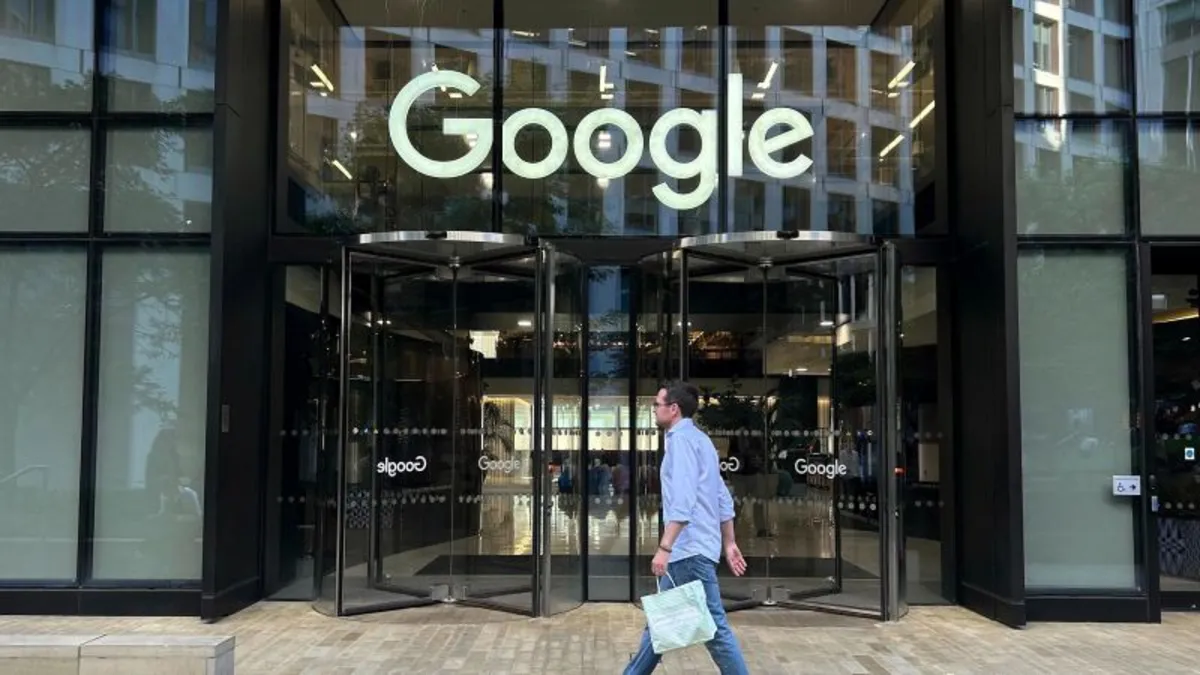
The phrase "Just Google it" has become an integral part of modern language, highlighting how deeply Google has embedded itself in our daily quest for information. The company's services have permeated various devices, from smartphones and laptops to even automobiles, establishing it as a ubiquitous presence in the digital landscape. However, this remarkable success has attracted scrutiny from the U.S. government. In 2023, two federal judges and a jury ruled that Google maintains an illegal monopoly in its search engine, online advertising business, and app store.
As Google battles to overturn these significant legal decisions, the implications could lead to the company's breakup, marking the largest dissolution of a tech giant since the breakup of AT&T. This scrutiny isn't exclusive to Google; major players like Meta, Microsoft, Amazon, and Apple are also facing antitrust investigations regarding their operational practices. Such a breakup could be particularly detrimental for Google, especially as advancements in AI and the rise of chatbots threaten to disrupt its core business model.
The culmination of a three-week hearing series is set for Friday, which could significantly impact one of the most influential tech companies in history. A ruling is anticipated in August, with the potential to reshape how billions of users interact with the internet.
To understand how Google achieved its massive scale, one must look at the technology in their hands. Today, Google transcends its original role as a search engine. Through strategic acquisitions and innovative product launches since the early 2000s, Google has positioned itself at the forefront of the internet. From YouTube, which has become the primary social media platform for teenagers, to its status as the most widely used web browser and smartphone software, Google has effectively monopolized significant internet segments.
As Robert Siegel, a lecturer in management at the Stanford Graduate School of Business, notes, “The friction to switch from Google to something else, it wasn’t worth it. Why would you? You’re not getting better results.” Google's ascent in the late 1990s and early 2000s can be attributed to its innovative ranking system, which prioritized results based on importance and credibility, rather than merely organizing them by topic, as competitors like Yahoo did.
The U.S. Department of Justice (DOJ) has argued that Google's extensive contracts, valued in the tens of billions, to become the default search provider on iPhones and the preloaded search engine on Android devices have suppressed competition. In a landmark ruling last year, U.S. District Judge Amit Mehta labeled Google a “monopolist” in the online search domain, prompting the DOJ to demand significant changes to Google's Chrome browser and Android operating system.
Google has announced plans to appeal, asserting that the DOJ's approach is outdated and fails to acknowledge the current competitive landscape. The tech giant claims that the proposed changes would jeopardize security, hinder investment in research and development, and adversely impact its business operations. Instead, Google has suggested modifications to its browser agreements, allowing for annual changes in default browser providers.
As Google's search engine flourished, so did its advertising revenue, which hit $66.9 billion in the first quarter of 2025. Siegel highlights that Google capitalized on its vast user base to deliver advertisements effectively, creating a symbiotic relationship between ad sales and user engagement. Google’s integrated technology stack for buying and selling online ads further solidified its monopoly.
In April, U.S. District Judge Leonie Brinkema ruled that Google has established and protected its monopoly power through its integrated ad server and publisher exchange. Although she dismissed one of the government's claims, Google is still appealing this case, which may require significant restructuring of its advertising operations to restore competition.
The stakes remain high for Google, especially with predictions that AI tools will increasingly replace traditional search engines. Market research from Gartner forecasts a 25% decline in traditional search engine volume by 2026 as consumers shift towards AI solutions. Testimonies during the recent hearings indicated a decrease in Google search queries on Apple devices, although Google maintains that overall query growth remains positive.
Furthermore, competition is intensifying from AI platforms like OpenAI's ChatGPT, with analysts noting that Google's AI initiative, Gemini, is only a fraction of ChatGPT's user growth metrics. As Siegel points out, the critical question is whether AI solutions can provide better products, which could lead users to transition away from Google over time.